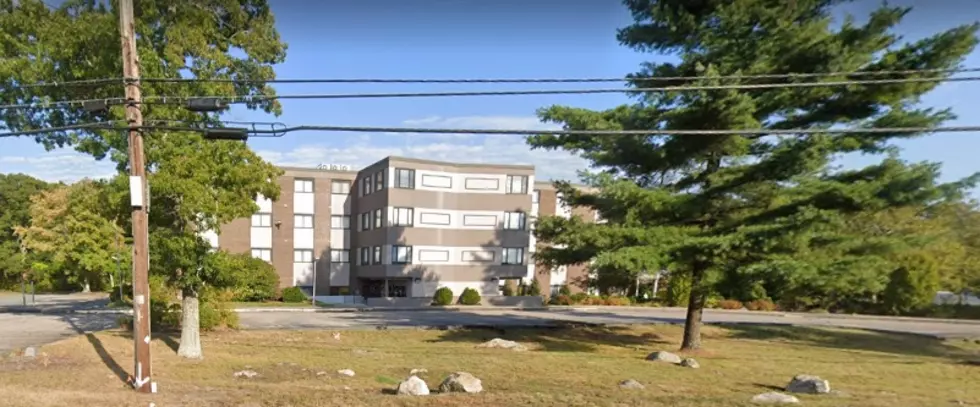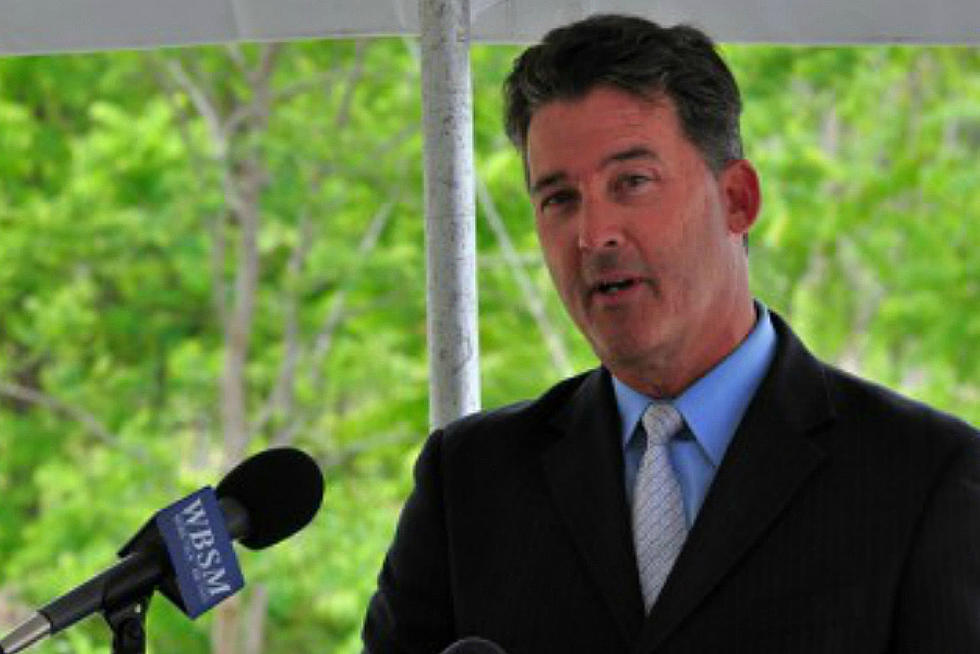
Senate Includes More Education Funding and New Taxes
STATE HOUSE, BOSTON — Senate leaders unveiled a $42.7 billion fiscal year 2020 budget proposal on Tuesday, virtually mirroring the total spending figure in the House's budget approved last week but embracing additional revenues the other chamber avoided.
The Senate Ways and Means Committee's proposal calls for a 3.1 percent increase in spending over last year's budget, including what lawmakers describe as a "historic" boost in public education funding, new initiatives to improve mental health and a University of Massachusetts tuition freeze. Those efforts are buoyed by new taxes on opioid manufacturers and vaping products, two ideas backed by Gov. Charlie Baker but eschewed in the House budget.
"Each line item, each number, is much more than just a number," said Senate President Karen Spilka in a briefing about the budget. "It is a statement of the Senate's priorities and our values and what we hold dear."
The Ways and Means Committee planned to formally advance the budget in an executive session Tuesday afternoon. Senators can file amendments until Friday, May 10 at 12 p.m., and the full chamber will launch its annual string of formal sessions to debate the budget starting Tuesday, May 21.
Matching projections in the House budget, Senate leaders anticipate about $133 million in revenue from marijuana sales and $294 million in revenue from casino and slots gaming. Overall, though, the Ways and Means Committee, under the leadership of new Chairman Michael Rodrigues, was more willing to pursue new forms of revenue than its colleagues in the House were.
The Ways and Means Committee's budget does not include $35 million in not-yet-legal sports betting revenue that Baker projected, but — unlike the House, which adopted a set of rules banning any sports-gambling amendments during this year's budget process — Rodrigues said senators will be allowed to debate the topic.
The Senate budget does impose a 15 percent tax on opioid manufacturers for sales dispensed in Massachusetts and a 75 percent tax on wholesale prices of e-cigarettes and related products.
While the initial budget proposal only includes those specific taxes, Rodrigues said any other revenue amendments that senators want to pursue "will be open to discussion."
One key area of spending in the proposal is on elementary and secondary education. Senate leaders proposed $5.176 billion in Chapter 70 education aid to municipalities, a $268 million increase over the current budget and more than $50 million higher than what the House approved last month. The budget also calls for a $25 million increase in special education funding and a $10 million increase in charter school reimbursements.
Although the budget does not completely overhaul the outdated foundation budget formula used to determine how much each city and town receives in education funding, Rodrigues said the additional money will work as a "down payment" toward implementation of reforms recommended by a state commission. The Joint Committee on Education is currently weighing several different bills aimed at revamping the system.
"This deposit, this down payment will work along with what they're looking at," Rodrigues said.
On Wednesday, the mayors and school officials from Brockton, New Bedford and Worcester plan to hold a briefing in Boston on the "severe education challenges facing Massachusetts' Gateway Cities, the need for legislative action, and an update on the possibility of a lawsuit." The municipal officials will be joined by attorneys who are working with those cities and other education experts to provide a report on school conditions, potential legislative action and to answer questions about a possible lawsuit.
The Ways and Means Committee's budget includes language mandating that University of Massachusetts in-state tuition and fees remain flat next year. However, the proposal matches the House and Baker budgets in funding the system at $558 million, effectively ignoring testimony from UMass President Marty Meehan last week that said a tuition freeze would require another $10 million.
Following an announcement Spilka made last month, the budget proposal targets mental health as an important focus, allocating almost $900 million at various services. About $3 million in new funding would go to diversion efforts to move people with substance-abuse disorders and critical mental health needs from the criminal justice system into treatment programs, while another $3.5 million would be allocated to help open five recovery centers.
Senate leaders also called for a new $10 million mental health trust fund, which would both launch a public awareness campaign aimed at reducing stigma and create a program to forgive student-loan debt for behavioral health care workers.
An outside section to the budget proposal imposes a one-year time limit on so-called "clawbacks," limiting the ability of insurance companies to retroactively deny mental health claims.
The Senate's budget proposal hews more closely to Baker's approach on prescription drug pricing than to the House's. Like those, the Senate leadership version allows MassHealth to negotiate costs directly with pharmaceutical manufacturers, but companies could have input on what details they are asked to provide and the Health Policy Commission would be required to accept it.
If state officials feel a manufacturer is withholding information, a case could still be referred to the attorney general's office, but the Senate version implements an appeals process with an administrative law judge before that stage. The HPC would be allowed to make public its proposal for the price of a drug it is negotiating, and the state auditor would be directed to investigate how to increase transparency related to pharmacy benefit managers.
The budget also invests $15 million in nursing home stabilization in the wake of several closures and calls for the creation of a task force to study the issue and complete a report by Nov. 30 on how to protect seniors from industry upheaval.
The Senate is likely to use a consolidation process similar to the House to bundle amendments on similar topics, but leaders do not plan to block anything from coming to the chamber floor, Rodrigues said.
"We're not going to rule anything out of order," he said. "The Senate will debate any and all amendments that members should happen to file, unless it's completely, totally out of order. But we're not going to use any sort of discretionary decisions to stifle debate.
--Katie Lannan, State House News Service
More From WBSM-AM/AM 1420






![State Budget Wrongly Hikes Spending During COVID Crisis [OPINION]](http://townsquare.media/site/518/files/2019/07/DeLeo-Spilka-SHNS-Photo.jpg?w=980&q=75)

![Mitchell Should Veto the Budget [OPINION]](http://townsquare.media/site/518/files/2020/08/mitchell-via-zoom-state-of-the-city-2020.jpg?w=980&q=75)
